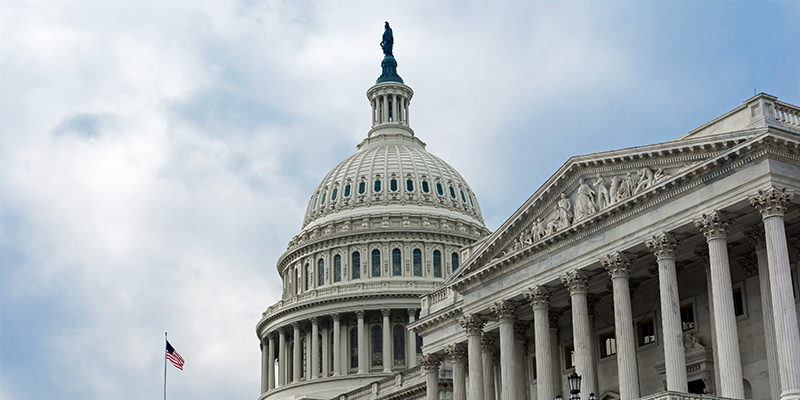The California Resources Board (CARB) unanimously adopted the Advanced Clean Truck Regulation on June 25. The new regulation intends to transition all medium- and heavy-duty truck fleets in the state to zero-emission vehicles by 2045. The board’s action is part of the state’s efforts to move away from petroleum-based vehicles in order to reduce greenhouse gas emissions.
California is the first state in the country to adopt a statewide zero-emission truck regulation. The CARB fact sheet on the regulation describes a “holistic approach to accelerate a large-scale transition of zero-emission medium-and heavy-duty vehicles.” This will have an economic impact on goods movement through the state.
The regulation, which was strongly opposed by the trucking industry, focuses on truck sales by manufacturers within the state and new reporting requirement in order to achieve this. Truck manufacturers are now required to start selling zero emission trucks in 2024. The percentage of these sales will gradually increase to 55% by 2035 and eventually only zero-emission trucks in 2045. Currently, there are 70 different models of zero-emission trucks, vans and buses.
Large employers, including retailers, manufacturers and others, will be required to report on their shipment activities and shuttle services to the state. Truck fleet owners, with 50 or more trucks, are also required to report their existing fleet operations and activities. This information will be used to develop new directives for accelerating the implementation of the new regulation and zero-emission truck operations.
Technology will be key to meeting CARB’s zero emission standard established under the regulation. In addition to electric powertrains, hydrogen fuel cell trucks are gaining attention by trucking manufacturers as a potentially viable alternative to petroleum-based combustible engines and means towards eliminating greenhouse emissions. Many manufactures, such as Hyundai and Toyota, are already moving towards hydrogen-fueled vehicles. But for the technology to ultimately be feasible, significant investments in a sustainable fueling infrastructure would have to be made.
CARB acknowledges that zero-emission trucks will be more expensive than petroleum-powered trucks. This will impact the cost of goods movement throughout the state and country that utilize California ports. California ports currently account for nearly one-third of the state economy and jobs, and are a significant part of our nation’s import and export activity. The state indicates that more than 40% of containerized cargo arrives through California ports, along with 30% of the nation’s exports running through these same ports as well.
The Ports of Long Beach and Los Angeles are essential components for good movements between the United States, China and Asia. However, the new regulation may weaken their competitiveness on the West Coast as companies factor in the increased cost of freight movement through the ports, particularly following the expansion of the Panama Canal to accommodate the new “neo-Panamax” container ships. This was the sentiment in a recent Los Angeles Times article; Danny Miranda, president of the International Longshore and Warehouse Union Local 94, told the L.A. Times: “They’re going to turn around and say I’m going to Houston because there’s no standard there.” Any reduction in shipping activity through California ports will certainly impact the state’s economy and jobs.
Absent federal action, many states may follow CARB’s lead in the adoption of a similar regulation. Following the regulation’s passage, on July 20, CARB announced the signing of a joint nonbinding memorandum of understanding (MOU) between California, 14 other states and the District of Columbia to advance the usage of electric trucks. The MOU calls for all new medium- and heavy-duty trucks to be 100% zero emission by 2050. These trucks include “large pickup trucks and vans, delivery trucks, box trucks, school and transit buses, and long-haul delivery trucks (big-rigs).” The 14 other states are Connecticut, Colorado, Hawaii, Maine, Maryland, Massachusetts, New Jersey, New York, North Carolina, Oregon, Pennsylvania, Rhode Island, Vermont and Washington.
CARB has taken an aggressive approach with the adoption of a statewide zero-emission trucking standard. The economic and environmental impact will gradually be realized as the regulation is fully implemented and new directives are implemented based on freight activity reported by fleet operators, retailers and other large employers.














